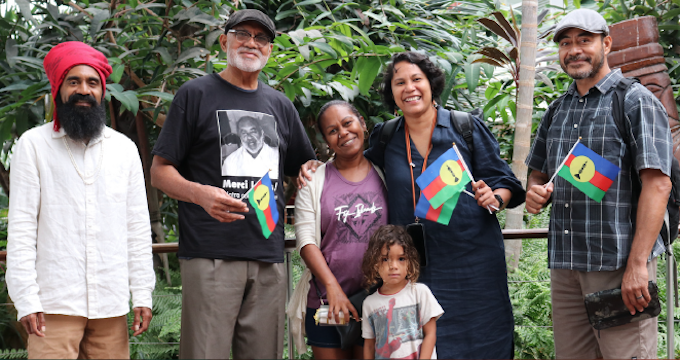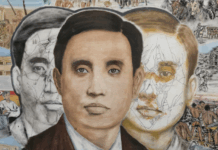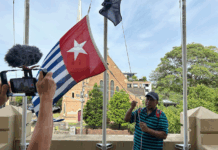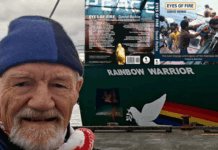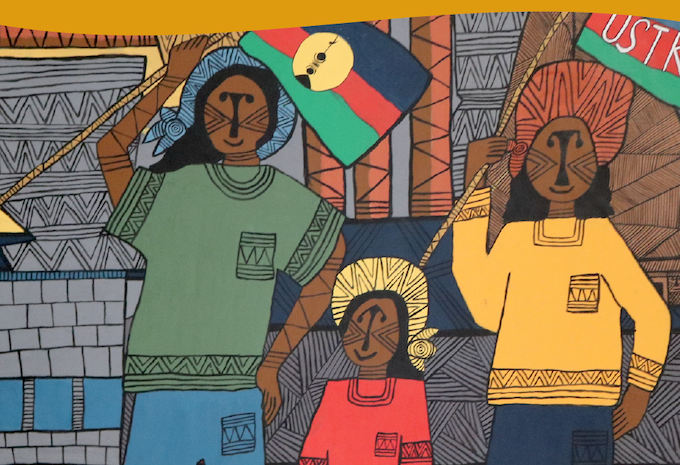
Asia Pacific Report
A People’s Mission to Kanaky New Caledonia says the French Pacific territory remains in a fragile political and social transition nearly three decades after the signing of the Nouméa Accord.
It says the pro-independence unrest in May last year has “left visible scars” — not only in a damaged economy but in trust between the territory’s institutions and the communities being served.
The mission is launching its report at a media event in the Fiji capital Suva tomorrow.
- READ MORE: Pacific Peoples’ Mission exposes harsh realities of injustice under French rule in Kanaky New Caledonia
- The full People’s Mission to Kanaky report
- Other Kanaky New Caledonia reports
“France cannot act as both referee and participant in the decolonisation process. Its repeated breaches and political interference have eroded trust and prolonged Kanaky’s dependency,” said mission head Anna Naupa, a Pacific policy and development specialist, in a pre-launch statement.
“The Pacific must now take a principled stand to ensure the right to self-determination is fulfilled.”
The mission — organised by Pacific Network on Globalisation (PANG), Eglise Protestante de Kanaky Nouvelle-Calédonie (EPKNC) and the Pacific Conference of Churches (PCC) — said regional observers had noted that the situation now hinged on whether France and Pacific leaders could “re-establish credible dialogue” that genuinely included Kanak perspectives in shaping the territory’s future.
Five key findings
According to the report, the Pacific Peoples’ Mission to Kanaky New Caledonia had identified five interlinked findings that defined the current crisis:
- Political trust has collapsed. Communities no longer view the decolonisation process as impartial, citing France’s dual role as both administrator and arbiter;
- Reconciliation remains incomplete. Efforts to rebuild unity after the 2024 unrest are fragmented, with limited Kanak participation in recovery planning;
- Youth exclusion is fuelling instability. Young Kanaks describe frustration over limited education, employment, and representation opportunities;
- Economic recovery lacks equity. Reconstruction support has disproportionately benefited urban and non-Kanak areas, widening social divisions; and
- Regional leadership is missing. Pacific solidarity has weakened, leaving communities without consistent regional advocacy or oversight.
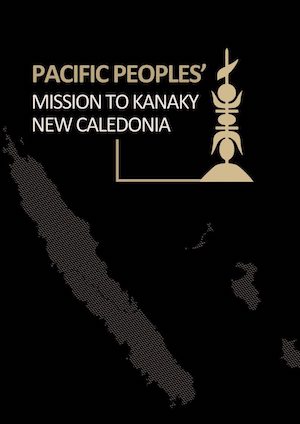
Together, said the mission, these findings underlined an urgent need for a renewed, Pacific-led dialogue that would restore confidence in the independence process and focus on Kanak agency.
A New Zealand academic and activist who was part of the mission, Dr David Small, said: “What we witnessed in Kanaky is not instability; it is resistance born from decades of broken promises.
“The international community must stop treating this as an internal French matter and
recognise it for what it is — an unfinished decolonisation process.”
- The People’s Mission report will be launched at the Talanoa Lounge, Itaukei Trust Fund Board, Nasese, Suva, 3-5pm, Wednesday, November 4. More information.
